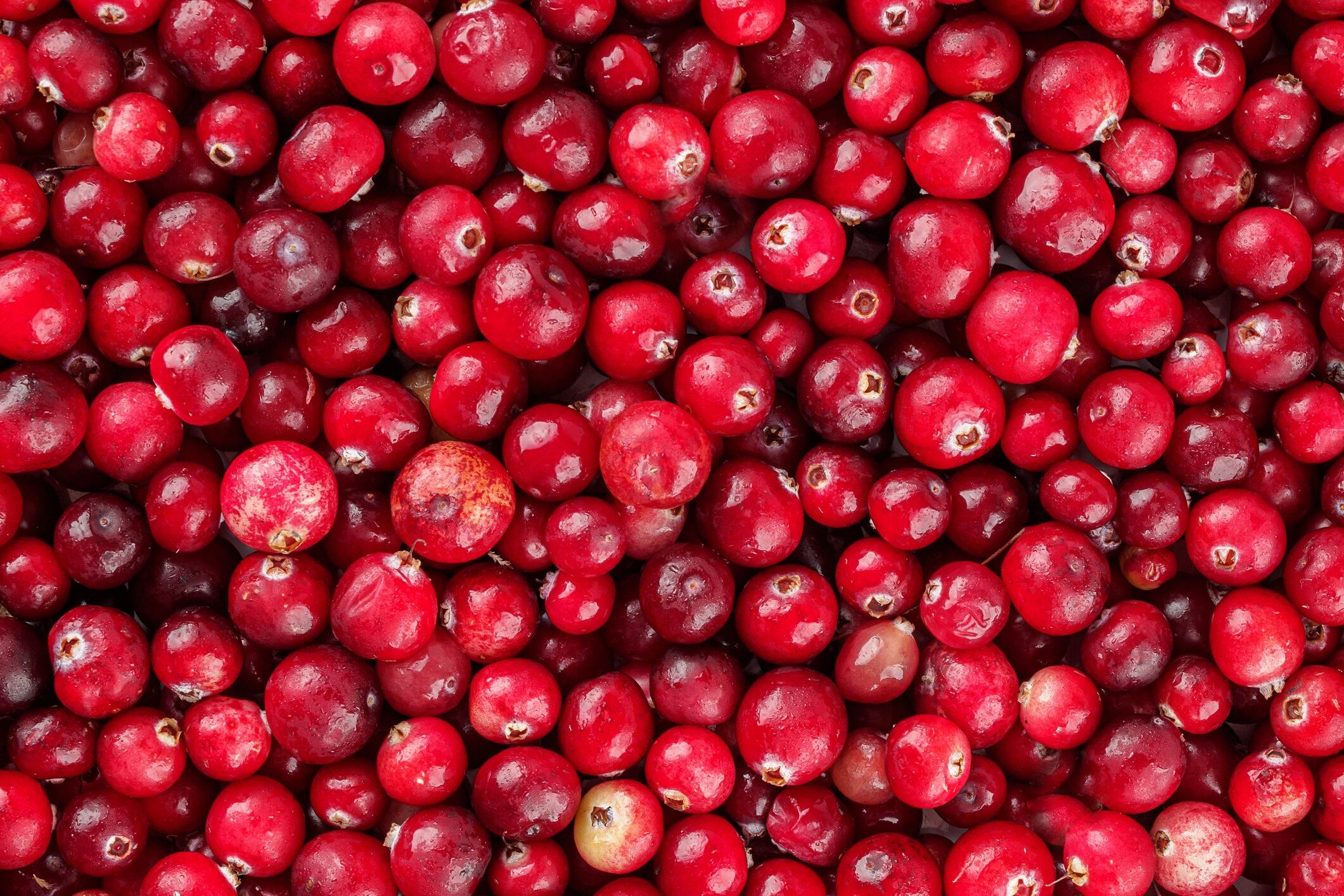“These data support the use of cranberry products to reduce the risk of symptomatic, culture‐verified UTIs in women with recurrent UTIs, in children, and in people susceptible to UTIs following interventions,” the team of Australian researchers wrote in The Cochrane Database of Systematic Reviews. “The evidence currently available does not support its use in the elderly, patients with bladder emptying problems, or pregnant women.”
Led by the Centre for Kidney Research at the Children's Hospital at Westmead in Western Sydney, the large-scale meta-analysis of 50 clinical trials (8,857 participants) is presented as the most thorough assessment to date on the efficacy of cranberry products in preventing UTIs in susceptible populations. It is the fifth update to an ongoing review first published in 1998.
Cranberries and UTIs
A recent paper published in the journal Frontiers in Public Health estimates that there are over 400 million cases of UTIs (and growing) reported globally each year and calls for increased prevention and treatment efforts, particularly in high-income regions and aging societies.
Consumption of cranberry juice, tablets or capsules has long been proposed as an easy and cost-effective means to prevent the incidence and recurrence of UTIs since cranberries possess powerful polyphenolic compounds that can prevent bacteria from sticking to the urothelial cells lining the bladder.
“Proanthocyanidins (PACs) found in cranberries help prevent bacteria from adhering to the bladder wall; this adhesion of bacteria is what causes UTIs,” explained leading cranberry expert Amy Howell, PhD. “Because bacteria are unable to ‘stick’ to the bladder, the UTI does not progress, eliminating the ultimate need to use antibiotics because the infection is prevented.”
The last major update to the review in 2012 controversially concluded that cranberry products were not effective in preventing UTIs.
Updating the review
For this latest update, the research team collected data from the Cochrane Kidney and Transplant Specialized Register up to March 13,2023, drawing on studies from the Central, Medline and Embase databases, conference proceedings, the International Clinical Trials Register Search Portal (ICTRP) and ClinicalTrials.gov.
The search generated 26 additional randomized controlled trials (RCTs) or quasi‐RCTs of cranberry products compared with placebo, no specific treatment or other intervention (antibiotics, probiotics) for the prevention of UTIs.
The meta-analysis considered methods, participants, interventions and outcomes (incidence of symptomatic UTIs, positive culture results, side effects, adherence to therapy). It also included risk ratio calculations with 95% confidence intervals and study quality assessments.
Confidence in the results
Dr. Howell, who led research at the Marucci Center for Blueberry Cranberry Research at Rutgers University focused on cranberries for the prevention and management of bacterial diseases, said that she is confident that the results of the Cochrane Review will provide healthcare professionals and consumers the clinical validation needed to recommend and use cranberry products for the prevention of recurrent UTIs.
"Daily cranberry intake could potentially lead to a reduction in UTIs, meaning better quality of life and reduced hospitalizations and complications that can result from these infections," she said.“In addition, people would be taking advantage of the additional health benefits of cranberry, including reduction in risk factors for heart disease and suppression of the bacteria that cause stomach ulcers.”
She also noted that the meta-analysis stressed the importance of utilizing cranberry products standardized for PAC content. Her own research, published last year in the Journal of Dietary Supplements determined that PACs in juice-based products are most effective for UTI prevention and should be consumed daily.
For future study, the review calls for investigation into the efficacy and tolerability of different PAC doses with a view to standardization, as well as studies that compare the effects of cranberry products to antibiotics and probiotics in the prevention of symptomatic UTIs.
“I would like to see some well-designed clinical research comparing the soluble PAC-based juice extract supplements vs the insoluble PAC-based products,” Dr. Howell added. “The bottom line that the Cochrane Review points out is that it is necessary to determine the PAC levels in cranberry products, but it needs to go further – to differentiate the type of PACs that are in the products. This will further help guide people to choose cranberry products for maximum efficacy for prevention of UTI.”
Source: Cochrane Database of Systematic Reviews
“Cranberries for preventing urinary tract infections”
doi: doi.org/10.1002/14651858.CD001321.pub6
Authors: Gabrielle Williams et al.

